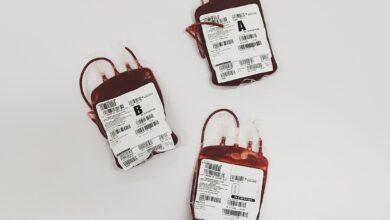
colon cancer
To detect colon cancer, there is an immunological test to do at home. This aims to detect the presence of blood in the stool. These bleedings are often so minimal that they are invisible to the naked eye. The screening test contains a stick, to be filled, shaken vigorously and sent to a medical laboratory for analysis. If in doubt, it is still best to consult your doctor, especially if you are over 50 years old. Colonoscopy is indeed the reference examination for visualizing the interior of the intestine and thus detecting the presence of polyps before they evolve into cancer.
Cervical cancer
From the age of 18, women are subjected every two or three years to a routine examination by the gynecologist: the smear. This banal medical examination consists of taking cells from the cervix to detect possible cancer.

testicular cancer
Testicular cancer is very often manifested by outward signs that patients can identify themselves. In case of abnormal swelling of a testicle, feeling of heaviness in the scrotum, discomfort in the chest or dull pain in the groin, it is better to make an appointment with the urologist quickly. Regular self-examination is recommended for men at any age.
Be careful not to confuse a potential tumor with the sperm duct during palpation. The latter is used to collect and transport sperm and looks like a small tube.
Most often, it is not pain that identifies the presence of cancer cells. It is therefore necessary to regularly undergo cancer screenings, especially if you have a family history.














